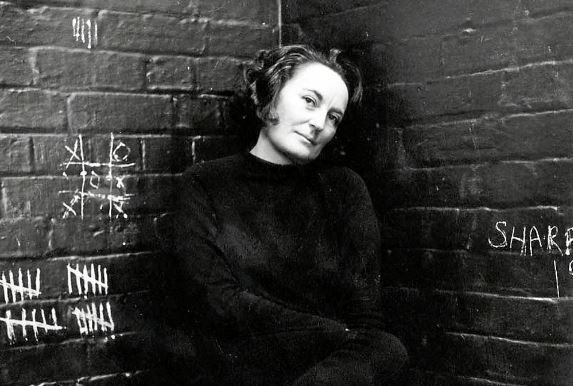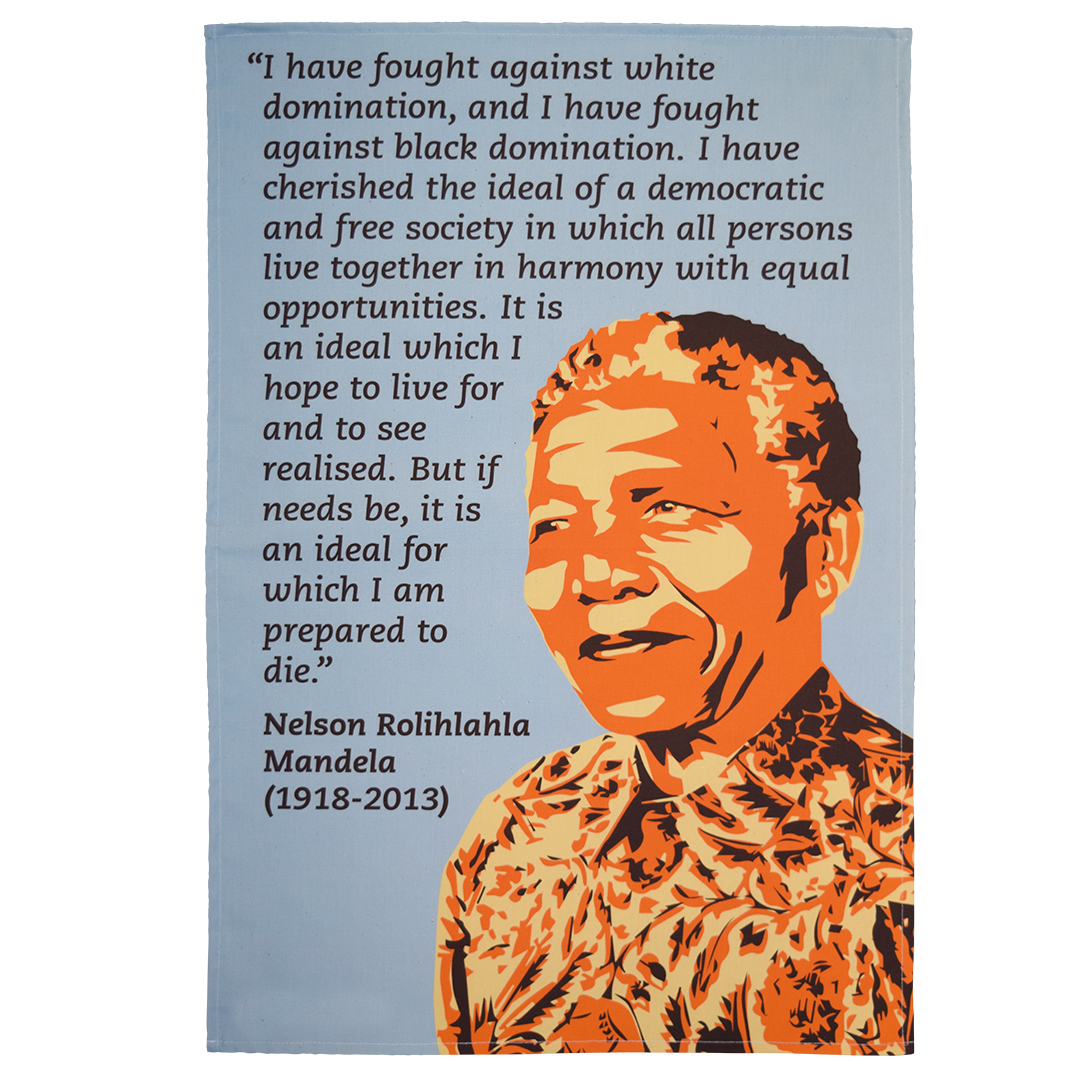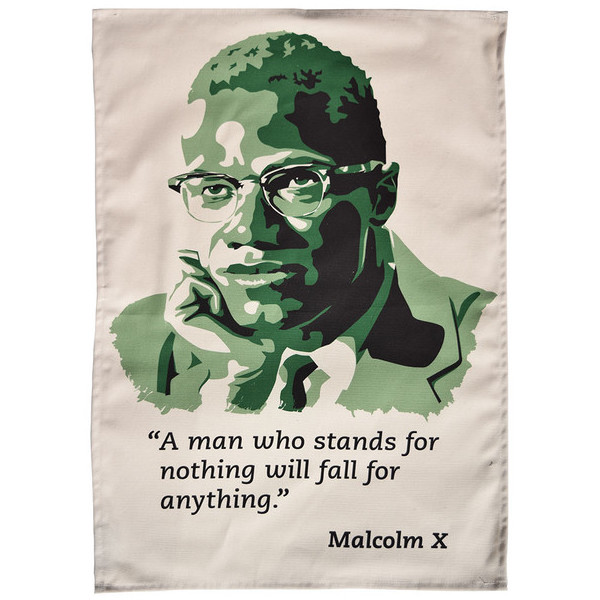In the Service of the People: The Life and Work of Ruth First
Posted by Pete on 2nd May 2023

Born on 4th May in 1925, Ruth First was assassinated for her struggle against the apartheid system in South Africa
On 17 August 1982, Ruth First was working as a university research director in Mozambique.
In her office post that day was a letter bomb, sent by the South African secret police.
Why? Because the Apartheid regime did not take kindly to resistance. And few were more devout in the struggle against apartheid than Ruth First.
Mandela deserves a lot of credit, but we mustn't overlook other anti-apartheid activists like Ruth First and Oliver Tambo
Click to view our Nelson Mandela tea towel
At the time of her assassination, Ruth First was 57 years old.
She’d been born in Johannesburg on 4 May 1925, the daughter of two Jewish immigrants to South Africa from Eastern Europe.
First was inducted to radical politics early. Her parents, Matilda and Julius, were co-founders of the South African Communist Party, which would go on to become a major part of the anti-apartheid coalition.
Growing up in South Africa, Ruth joined socialist book clubs and took part in student activism.
At the University of Witwatersrand, she was involved in the Federation of Progressive Students, where she met a young Nelson Mandela.
And after graduating, she continued to agitate against white supremacy.
She helped form the South African Congress of Democrats (COD) to mobilise and organise support for the African National Congress (ANC) among the white population.
First also worked as a journalist at left-wing papers in South Africa such as The Guardian and Fighting Talk, where she investigated and exposed the violence and brutality of the apartheid system.
But things were getting tougher and tougher for the resistance inside South Africa.
The Afrikaner National Party was elected, by the white minority electorate, in 1948, and set about making racial hierarchy even more rigid.
It also cracked down on the Communist movement in South Africa. The newspapers which Ruth First worked at were quickly censored and shut down.
The whole anti-apartheid coalition was being repressed.
In December 1956, Ruth First was one of the 154 activists arrested for high treason. Others included her husband, Joe Slovo, and prominent ANC figures like Mandela and Oliver Tambo.
The four-year long 'Treason Trial' which followed was a farce, which even the South African state had to give up on for lack of evidence.
But things just kept getting worse.
After the South African police murdered 69 anti-apartheid protestors at Sharpeville in 1960, a State of Emergency was declared and even the ANC was banned.
In this grim context, Ruth First was arrested and imprisoned without charge or legal advice for three months.
Things were just too hot. In March 1964, Ruth left South Africa with her three kids to England. There, she joined Joe Slovo, who was in exile as a member of Umkhonto we Sizwe, the ANC military command.
Another radical who was assassinated for his activism, Malcolm X was born the same month and year as Ruth First
Click to view our Malcolm X tea towel
At the time, England was a global hub of anti-apartheid activism, and many exiled South Africans had gathered there.
Settling in North London, Ruth First began an academic career alongside her political work, researching the social structure and nature of apartheid as a system of control and exploitation.
After spells in Manchester and Durham, this path eventually took her back to southern Africa, where she was made research director of the Centre for African Studies at the university of Maputo, in Mozambique.
It was 1977, and Mozambique was abuzz with anticolonial thought and practice. After years of armed struggle against the Portuguese empire led by the FRELIMO guerrilla movement, the country had just won its independence.
Ruth First was good friends with many of the Mozambican revolutionaries, who had been firm friends of the anti-apartheid struggle in nearby South Africa.
But this solidarity made the country a target for the Apartheid regime.
All the nefarious arms of the South African state were working to undermine and weaken the anti-apartheid network in the rest of the continent.
And in August 1982, that counter-revolutionary project assassinated Ruth First.
Nourished by a whole range of radical traditions, she had been one of the most formidable enemies of racial and class hierarchy in South Africa.
As Nelson Mandela remembered in 1992:
“Ruth spent her life in the service of the people of southern Africa. Her life, and her death, remains a beacon to all who love liberty.”


